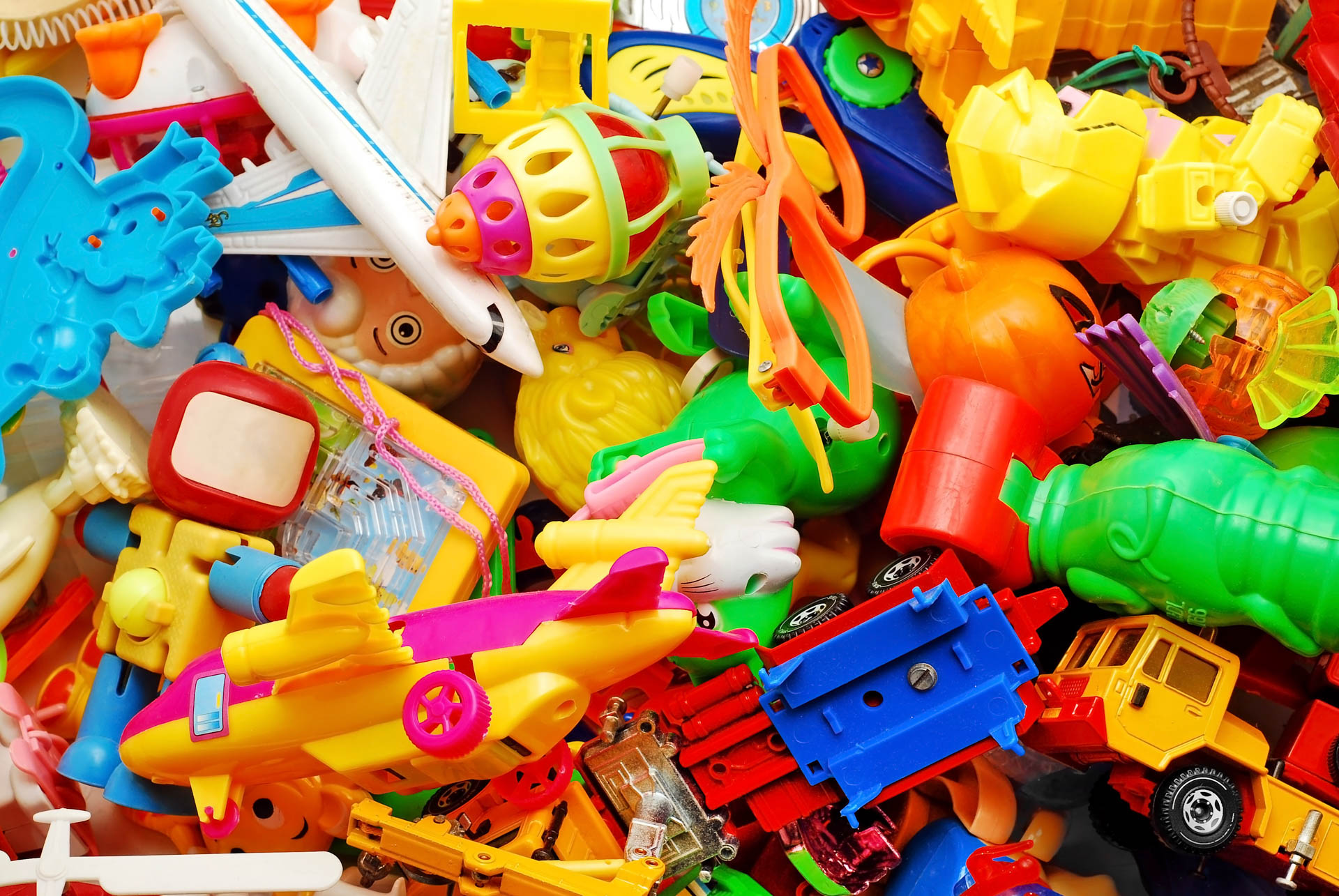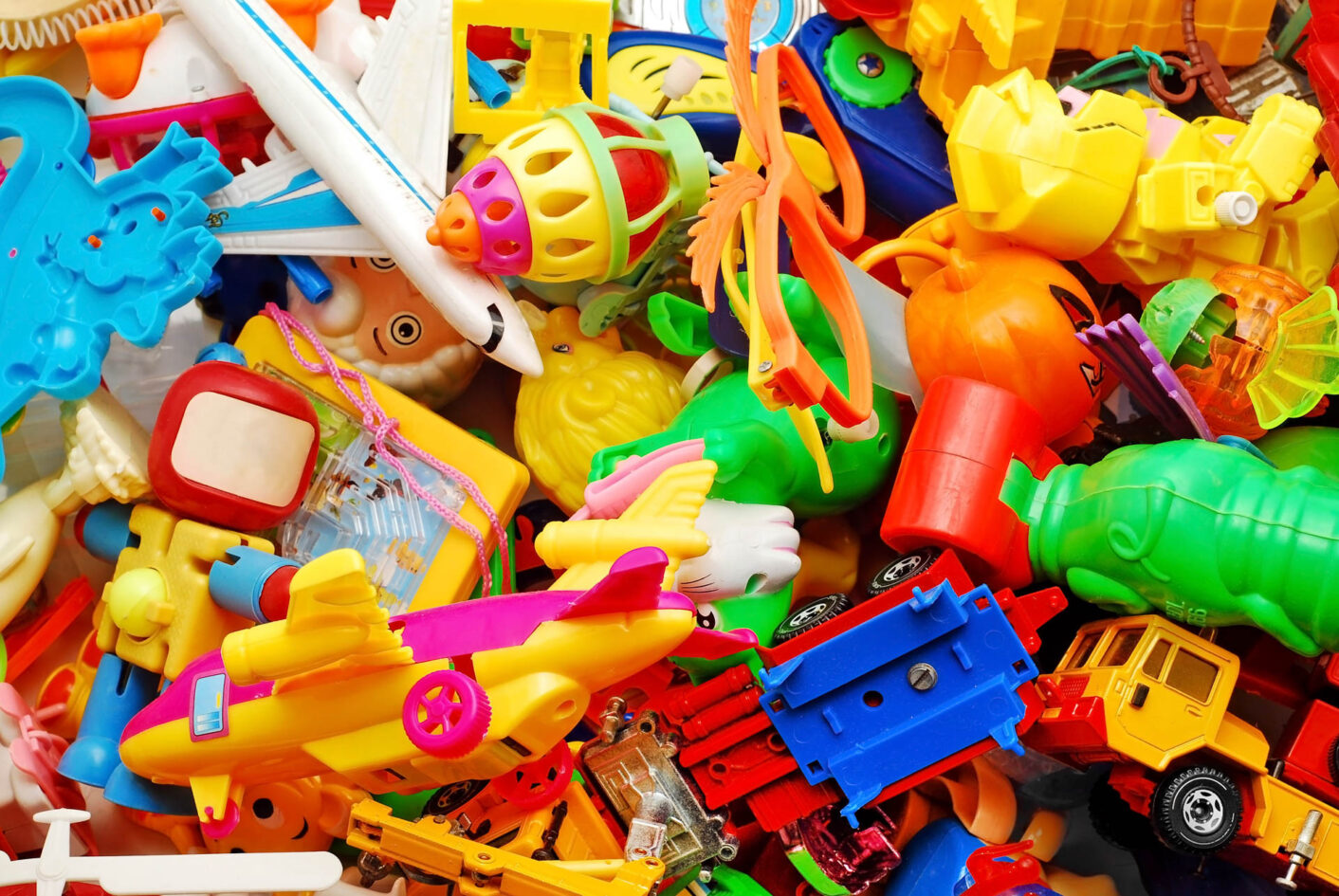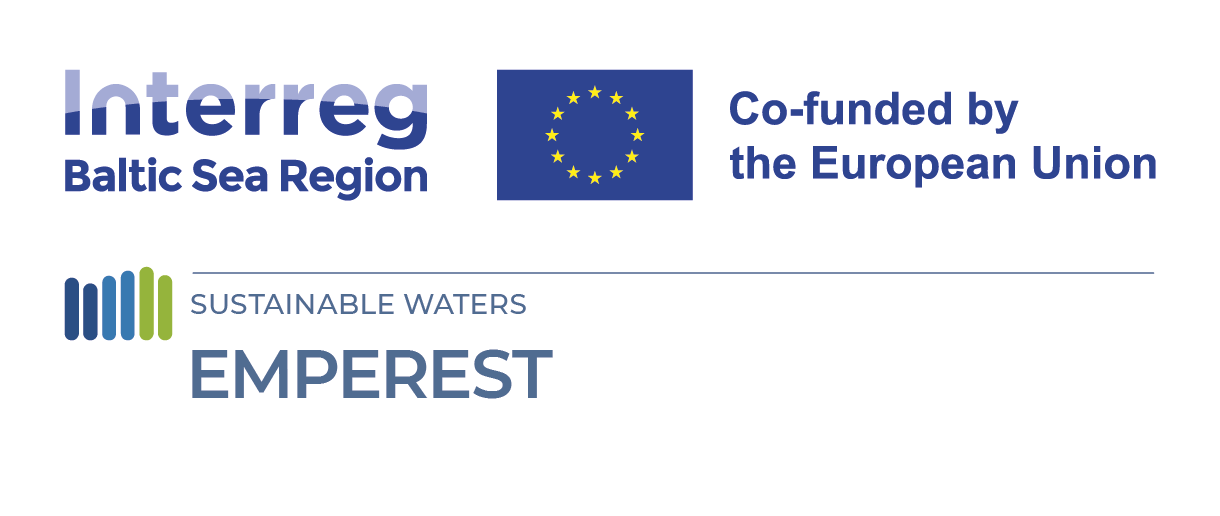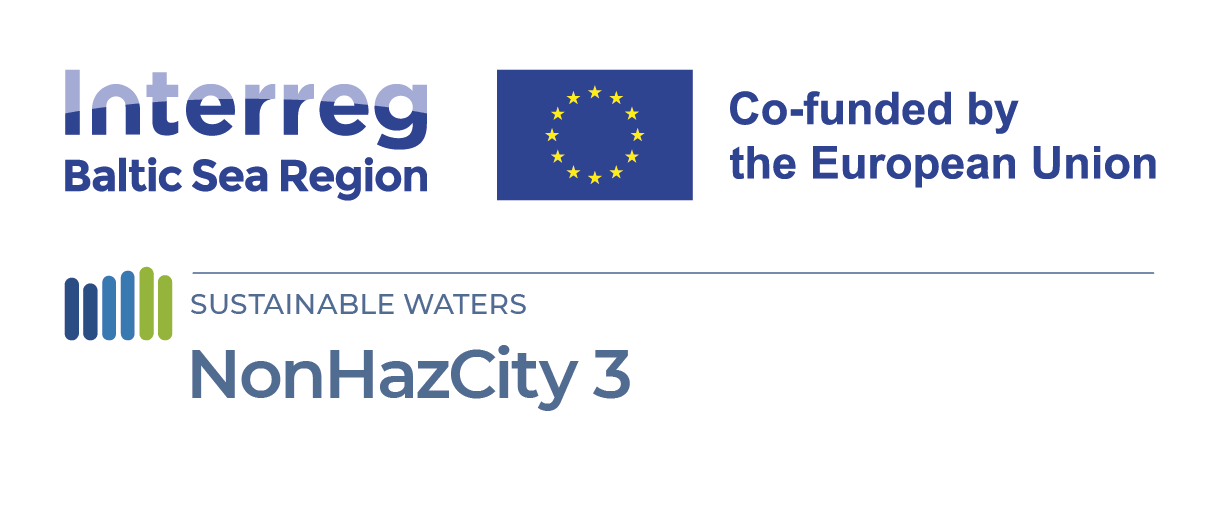How to minimise the harm of environmental toxins to nature, people and the circular economy?
The Union of the Baltic Cities (UBC) and Turku University of Applied Sciences are organising a panel discussion on environmental toxins as part of the Europe Forum 2025 programme.
WHEN
27.8.2025
WHERE


The European Union’s REACH regulation aims to ensure the safety of chemicals used in Europe. However, new chemicals are constantly entering the market with adverse effects that emerge later. Once released into the environment, these chemicals can cause serious harm to health and the environment. Legislation is slow to react to new chemicals. What can be done? The panel will focus on solutions, both in terms of prevention and removal.
We will look at legislation, the role of municipalities as service providers and public procurers, the power of conscious consumers to demand safer products, and the potential of water protection: treating waste water in treatment plants is one gateway to contain the spread of chemicals. Controlling environmental toxins is a prerequisite for an efficient circular economy. At the same time, environmental toxics management often leads to greenwashing, which further misleads the consumer.
When: 27.8.2025 at 12.30-13.15
Where: webcast
Panelists
Laura Walin, Head of Unit, Environmental Protection and Steering, City of Helsinki
Lotta Ruokanen, Deputy Secretary General, HELCOM – Baltic Sea Commission
Petri Tuominen, Managing Director, Jyväskylän Seudun Puhdistamo Oy
Pauli Aalto-Setälä, Member of Parliament (CoR)
Moderator:
Piia Leskinen, Researcher, Turku University of Applied Sciences
Programme language: Finnish, simultaneous interpretation into English
Follow the webcast
The event is part of the European Forum 2025 programme. The theme for 2025 is “The world is changing – how will Europe respond?”. For more information and a link to the webcast, visit the European Forum website.
The event is coordinated by EMPEREST and also involves the NonHazCIty 3 project and the Union of the Baltic Cities (UBC). The panel discussion is organised with the support of the Interreg Baltic Sea Region programme.




